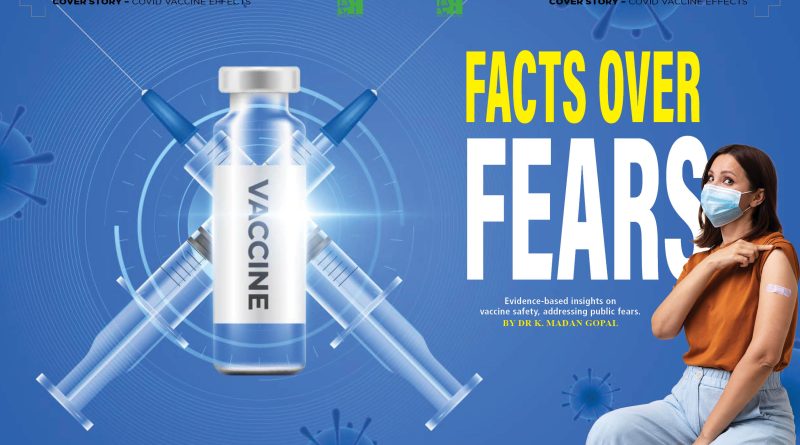Facts Over Fears
Evidence-based insights on vaccine safety, addressing public fears.
By Dr K. Madan Gopal

In recent months, many people in India have grown worried after watching news reports and viral videos showing young people suddenly collapsing and dying—during weddings, in gyms, or while playing sports. These tragic incidents, although rare, have caused fear and suspicion. People are asking: Could these deaths be linked to the COVID-19 vaccine?
This fear has grown stronger after media reports mentioned AstraZeneca’s admission in a UK court that its COVID-19 vaccine, Covishield (used widely in India), may, in very rare cases, cause a condition called Thrombosis with Thrombocytopenia Syndrome (TTS). Even though the risk is extremely rare, this information has raised doubts and panic. Some families have filed court cases, asking for compensation and a thorough review of all COVID vaccines. On social media, people are sharing personal stories, half-truths, and false claims that amplify public fear.
This article explains what we know from science, what health experts in India have discovered, and how we can better understand vaccine safety. The goal is to build public confidence with accurate, clear, and accessible information.
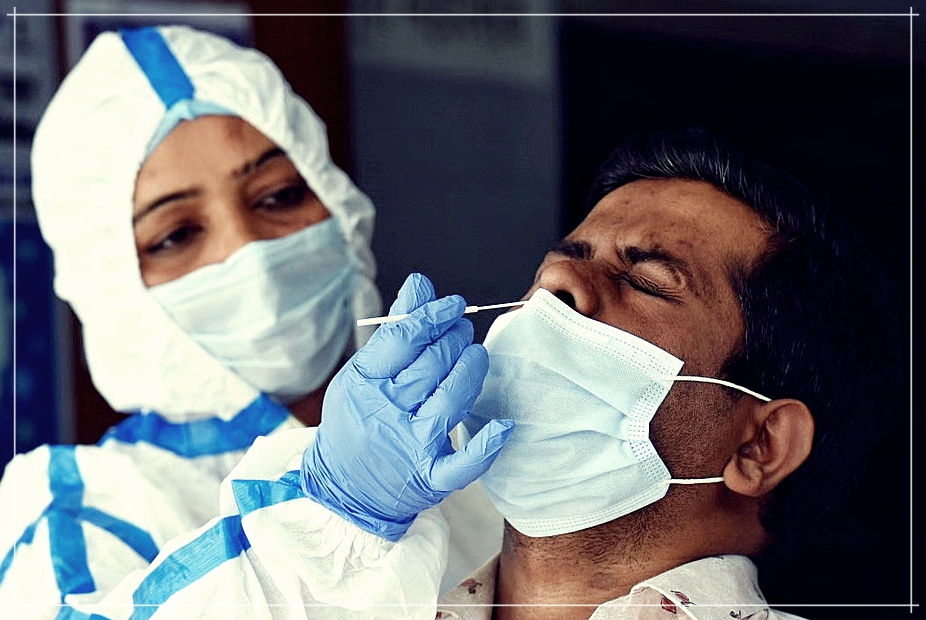
What to Expect After the Shot?
It is common for people to experience some symptoms after receiving the COVID-19 vaccine. This does not indicate the vaccine is harmful; rather, it shows the body is building protection.
People may feel mild pain, swelling, or redness at the injection site. Some also experience tiredness, headache, fever, chills, or muscle pain. Others report nausea or an upset stomach. These symptoms are typically temporary and usually disappear within 1–3 days. These effects are generally mild and resolve within 1–3 days. Some people may not feel anything at all. This does not mean the vaccine has not worked. Everyone’s body reacts differently, but the protection still develops.
For young children, effects may include fussiness, sleepiness, or loss of appetite. Again, these are temporary and indicate the immune system is doing its job.
It is also crucial to know that no COVID-19 vaccine contains a live virus. The vaccine cannot give you COVID. Also, it does not affect or alter your DNA in any way.
How Rare Are Serious Vaccine Reactions?
Some people worry about infrequent but serious reactions. Let’s examine these clearly.
1. Myocarditis and Pericarditis: These are uncommon inflammations of the heart muscle or its lining. They have been observed more in young men, usually within a week after the second dose of mRNA vaccines (like Pfizer). But even in those cases, most people recovered quickly with standard treatment.
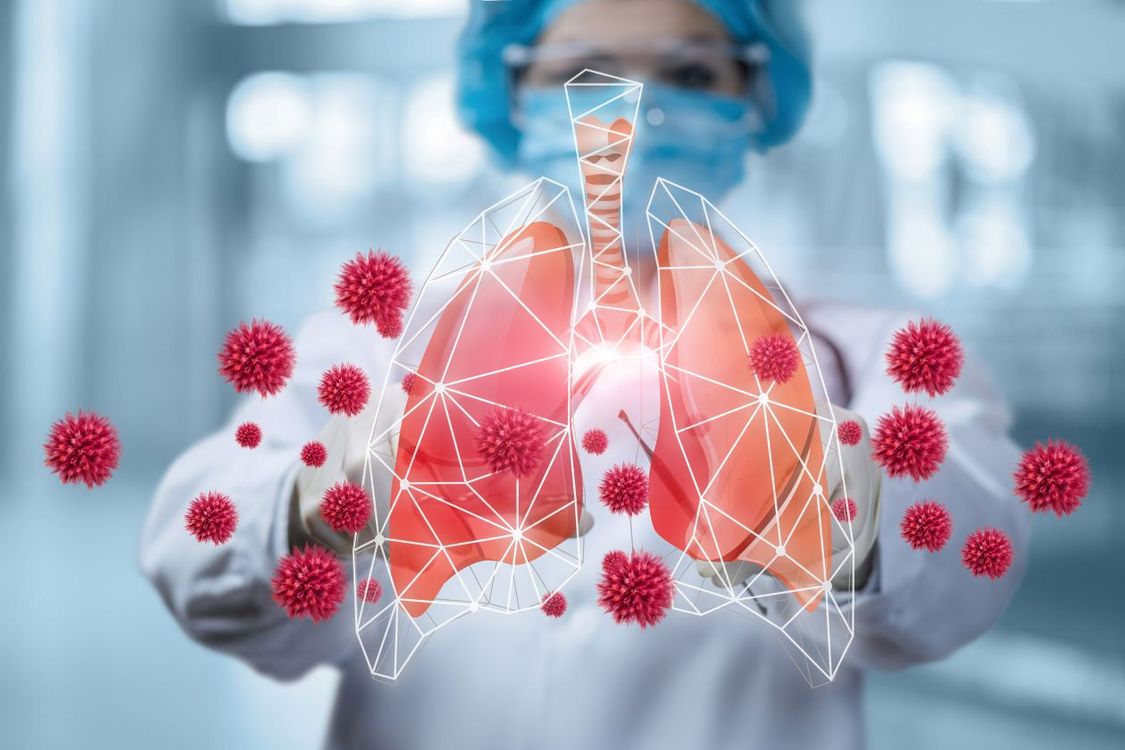
2. Thrombosis with Thrombocytopenia Syndrome (TTS): This is a highly rare condition involving blood clots with low platelets. It was linked to the Covishield vaccine in extremely rare cases—only 1 to 7 per 100,000 doses. It typically appeared within 3–30 days after the first dose. AstraZeneca has acknowledged this risk, and the vaccine has now been withdrawn from the market. But the company clearly stated this was due to declining demand, not a safety emergency.
3. Anaphylaxis (Severe Allergic Reaction): This is very rare and can occur with any vaccine, not just COVID-19 ones. It affects around five people in every 1 million doses. Health workers are trained to treat this immediately.
4. Fainting (Syncope): Some people faint due to anxiety or pain during injections. Clinics are well-prepared to handle this.
What is critical to remember is that serious side effects usually appear within six weeks of vaccination. If many months have passed with no symptoms, the likelihood of a vaccine causing later health issues is negligible.
COVID-19 Infection Is More Dangerous
Studies have shown that the virus itself is far more dangerous than the vaccine. COVID-19 infection can lead to serious complications like blood clots in the lungs and veins, heart attacks, inflammation, kidney failure, diabetes, and persistent fatigue or damage to organs. Many of the sudden deaths being reported may be due to these lingering after-effects of COVID-19 infection, not the vaccine. The vaccine reduces your risk of contracting the virus, becoming seriously ill, or dying. Thus, the vaccine is a protective measure.
What Did Indian Studies Find?
To address public doubts, Indian health institutions have rigorously studied these concerns.
ICMR’s National Institute of Epidemiology (NIE) Study: Between May and August 2023, researchers from ICMR studied 700 sudden deaths in apparently healthy people aged 18–45. These deaths occurred between October 2021 and March 2023. The study covered 47 hospitals across 19 states.
Key finding: There was no link between the COVID-19 vaccine and sudden deaths. The vaccinated group had fewer unexplained deaths than the unvaccinated group. This suggests the vaccine may lower the risk.
AIIMS Study: AIIMS, New Delhi, is also conducting a study to understand sudden unexplained deaths in youth. Preliminary results support ICMR’s findings. Heart attacks remain the leading cause, and no significant change has been seen compared to previous years.
What Are the Real Causes?
The Indian studies identified genuine risk factors such as smoking, alcohol use—especially excessive binge drinking, strenuous physical activity just before death, high blood pressure, diabetes, cholesterol issues, family history of sudden death, prior COVID-19 infection, and underlying genetic mutations. All these factors are far more significant to monitor than worrying about a vaccine taken months ago.
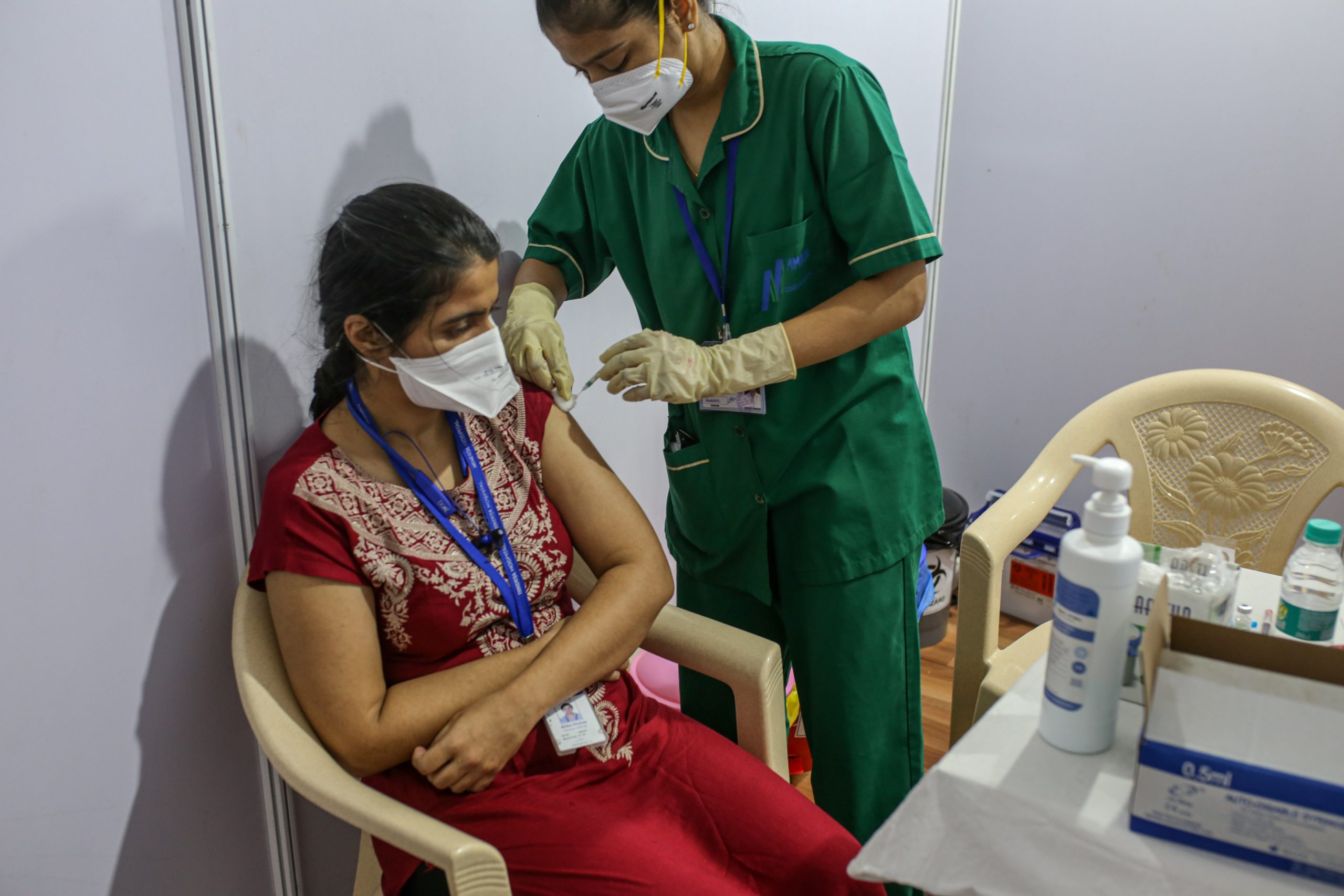
What About Covishield and the Legal Case?
The Covishield vaccine was administered in large numbers in India. Recently, AstraZeneca admitted in a UK court that the vaccine can, in rare instances, cause TTS. This led to extensive media coverage and some panic in India.
It is vital to understand that the risk of TTS is exceptionally rare. The Covishield vaccine was withdrawn due to reduced demand, not due to any pressing safety issue. Indian health experts have maintained that there is no cause for alarm.
Families of some who died are seeking compensation and requesting a comprehensive review. These demands are natural, but they do not alter the scientific findings so far, which show no connection between vaccines and these deaths.
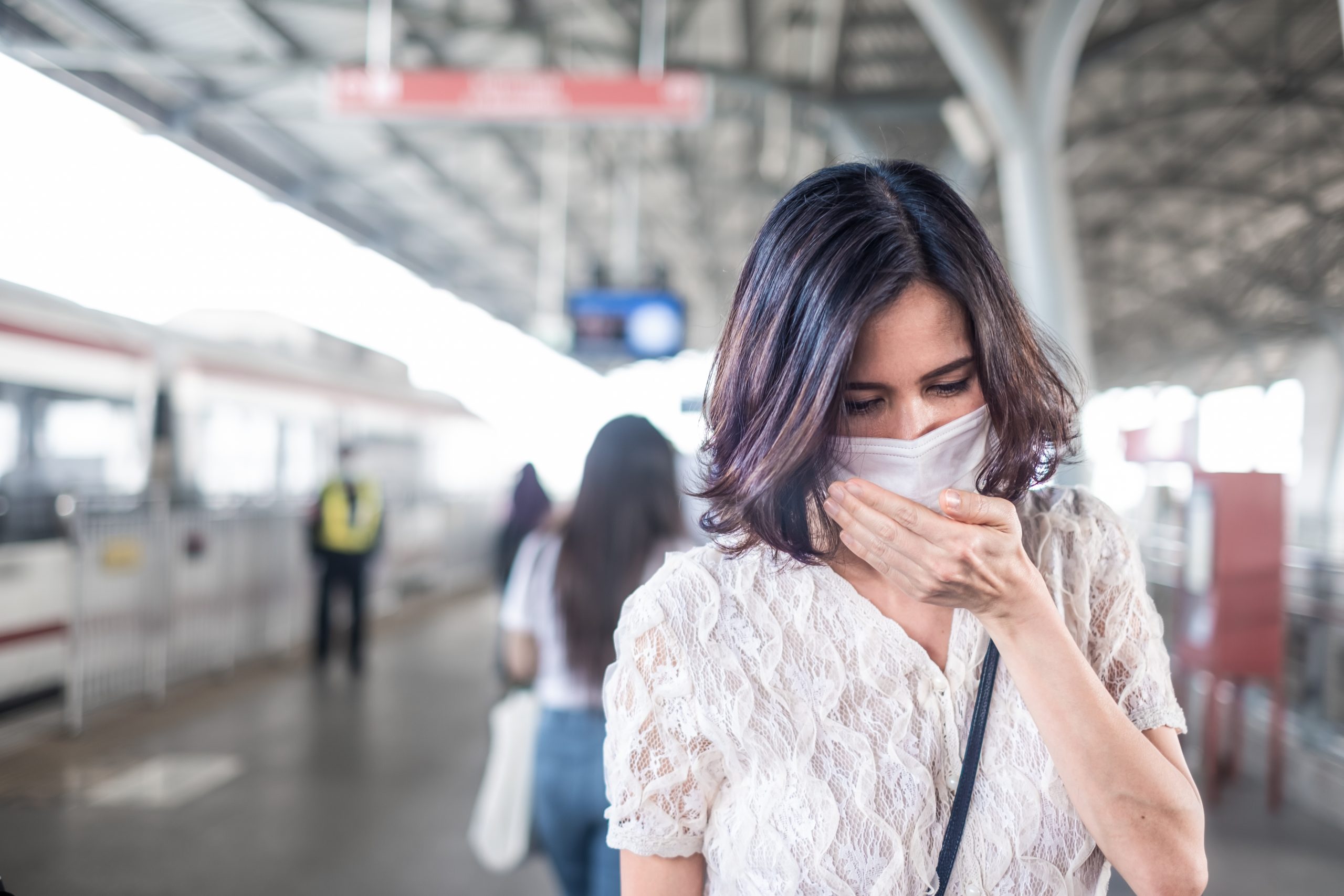
India’s Safety Monitoring System
India has a robust system to monitor vaccine safety, called the AEFI (Adverse Events Following Immunisation). Under India’s AEFI system, all districts report serious vaccine reactions. Medical teams investigate each event, and expert committees assess whether the vaccine caused the issue or if it was a coincidence. The findings are reviewed and made publicly available by the Ministry of Health. This system has been in place for many years and helps ensure that any potential danger is detected early. It also builds trust because the process is transparent and evidence-based.
Fighting Myths, Building Trust
Unfortunately, India is also one of the top countries where fake news about COVID-19 spreads widely. Many people in rural areas feared that the vaccine could cause death, paralysis, or infertility.
Combating misinformation requires the involvement of trusted messengers like doctors, nurses, ASHAs, and teachers. Communication must be in local languages and directly address common myths. Community meetings and open Q&A sessions can help build trust more effectively than just issuing press statements. However, these false beliefs were often spread through word of mouth, WhatsApp messages, and even local leaders. In many villages, fear prevailed over facts.
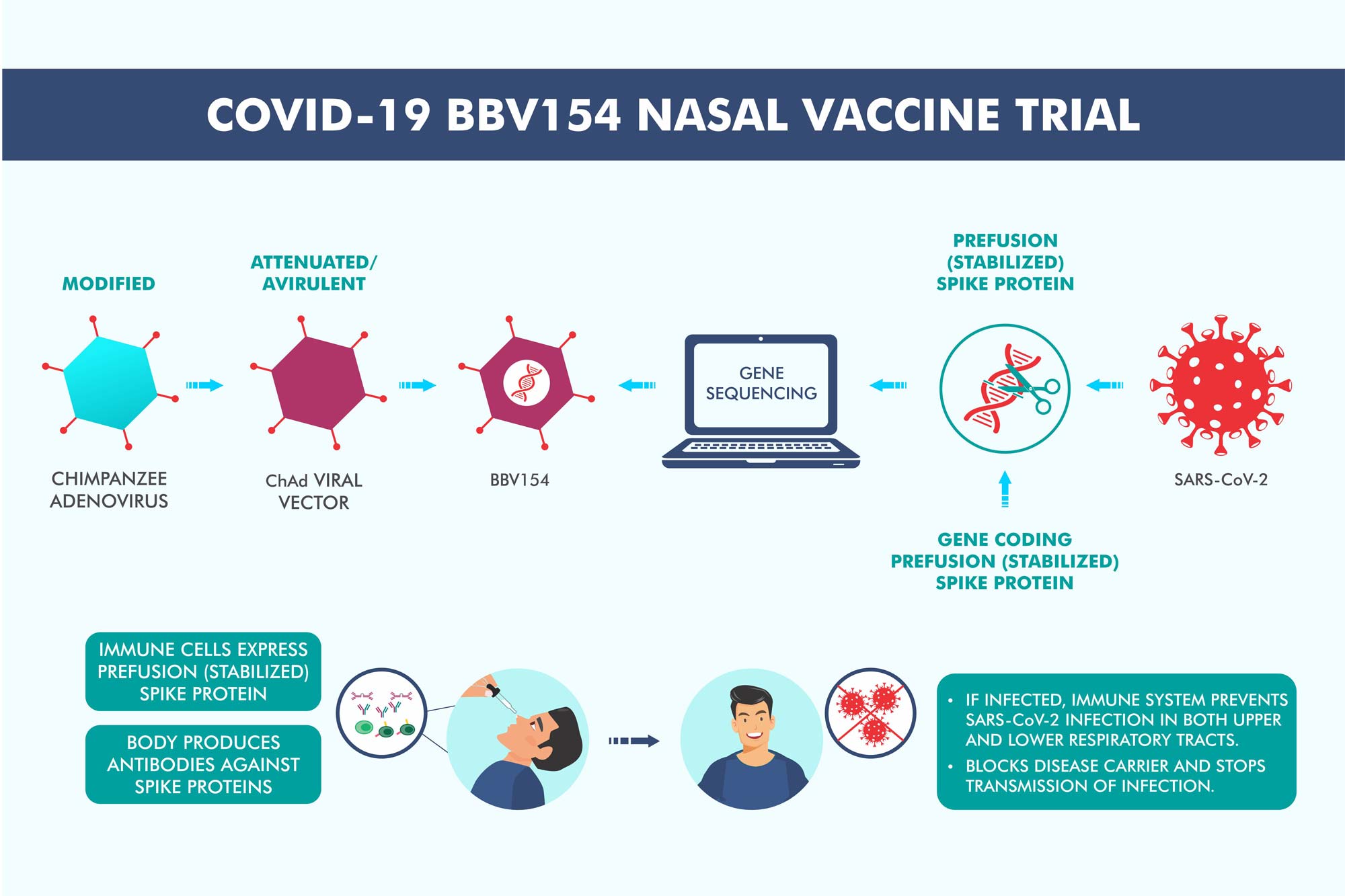
This kind of respectful, grassroots work is more effective than merely issuing a press release or posting on social media.
Why Vaccines Still Matter
COVID-19 vaccines have saved millions of lives globally. In India, over 220 crore doses have been administered. About 97 percent of eligible people have received at least one dose.
The benefits of vaccines are undeniable—they prevent serious illness and hospitalisation, reduce the risk of long-term health complications from COVID-19, and protect not just individuals but entire communities. Yes, no medical product is entirely risk-free. But the risk of not getting vaccinated is considerably higher than the minimal risk from the vaccine.
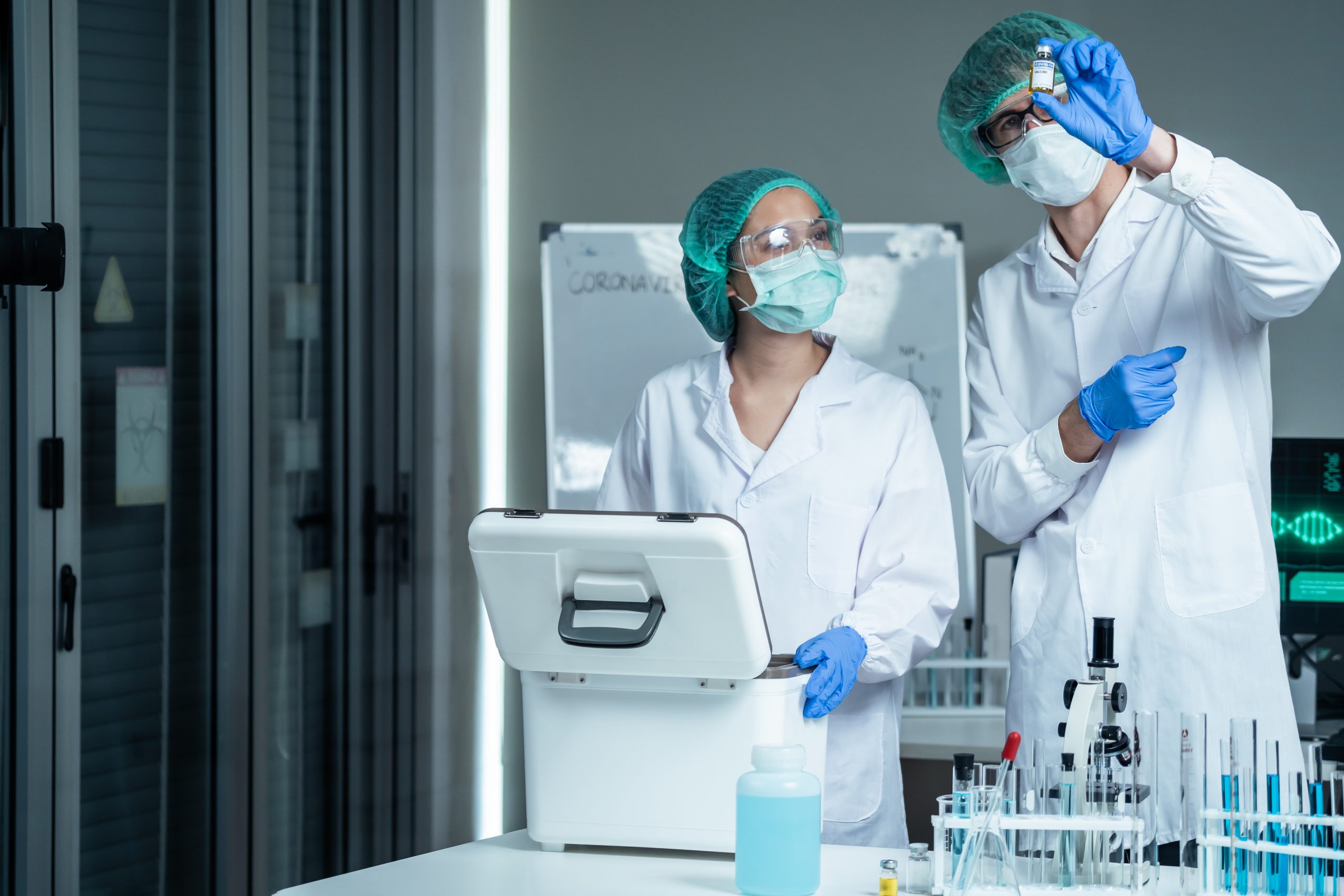
Takeaways
Vaccines have helped India manage COVID-19 effectively. Most side effects are mild and transient. Serious side effects are exceedingly rare and typically occur shortly after the shot. India has well-established systems to detect and study such events.
Studies by ICMR and AIIMS confirm that sudden deaths in young people are not linked to COVID vaccines. The true causes lie in lifestyle, genetic predispositions, and prior infections.
Nevertheless, public doubts persist. To overcome them, we must combine science with trust, data with empathy, and facts with clear, compassionate communication. It is not enough to say “vaccines are safe”—we must also acknowledge fears, explain gently, and keep the conversation open.
If you or your family members have concerns about vaccine safety, speak to a qualified healthcare provider or visit official government websites like MoHFW and ICMR for verified information.
Together, we can protect health, combat fear, and rebuild trust—dose by dose, fact by fact.
(The author is a Senior Health Sector Expert, was Senior Consultant at NITI Aayog, and currently works as Advisor at National Health Systems Resource Centre, Government of India.)

